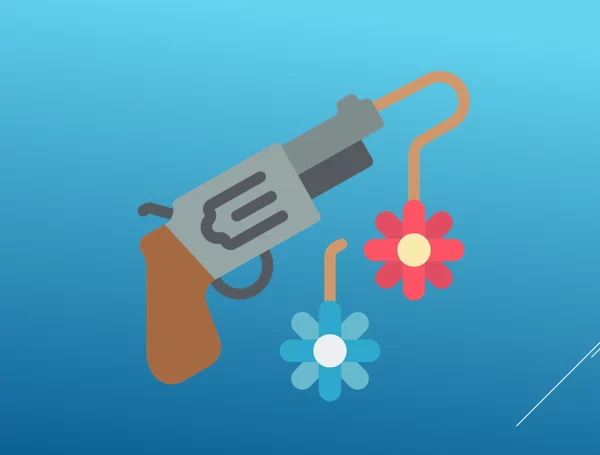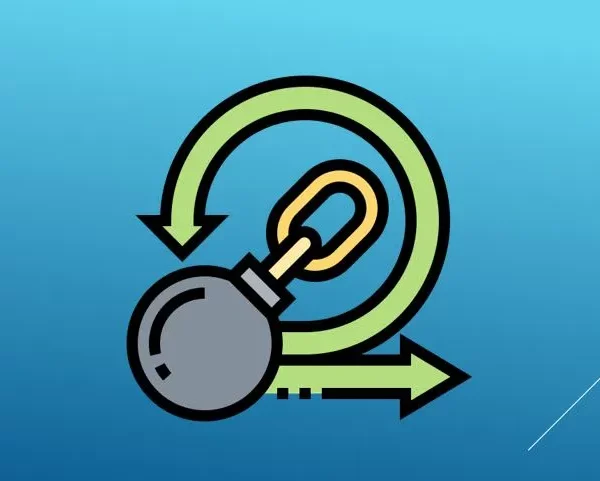One of my favorite quotes comes from the great entrepreneur Henry Ford
Failure is simply the opportunity to begin again, this time more intelligently.
The story of one my failures dates back to year 2007. I was working with one of the Fortune 500 companies. I was stationed in Osaka, Japan and leading an ERP Implementation for one of our clients as a Program Manager.
I was handling two teams, one from India and one from China. As I moved to Japan (I had been there earlier as well) for this project, I was very excited as I had done some good work in my earlier stint in Japan in 2005. The project was for one of the top electronic manufactures in the world and the project was very important for the client.
As we started work on the project, I was assisted by two project leads working with me to deliver the outcomes. They were also stationed with me in Osaka at the client’s Gemba. We were supposed to work closely with the business at Gemba and then pass on the requirements to the teams back home in India and China. From the second week onward we started to feel something was wrong with the whole plan!
The estimation for the project was done by a team in India (they used to call it the “Solutioning Team”) and based on the estimates, humans (I hate the word “resources” for humans) were assigned to carry on the work (based on the estimates). I soon realized that I was working almost 14-16 hrs a day and same was applicable to my teams in India and China. And as it was a fixed fee contract, we had literally no other way to handle the situation.
We kept on working like this for almost 6-8 weeks and I could feel the team members being stretched and stressed a lot due to long hours at work. Couple of them even cried when I was talking one-on-one with them. I think in the 9th week, I realized that we as a team were not able to carry on this way of working further. So I spent the weekend working on the Root Cause Analysis (as we do whenever required).
“Correctly performed, a Root Cause Analysis can identify breakdowns in your processes or systems that contributed to the non-conformance and determine how to prevent it from happening again. An RCA is performed to identify what happened, why it happened and then determine what improvements or changes are required.”
My findings were mostly pointing out to the estimations done by the Solutioning Team. There was no lack of skills in any of the teams working on the project, neither was there any scope creep. I prepared a RCA report over the weekend and on Monday morning I went to the office determined to get the team out of this situation. I called up a meeting with all the stakeholders from the client. In the meeting, I started with a quote:
” People are more difficult to work with than machines. And when you break a person, he can’t be fixed. ”
I presented my finding of the RCA to the stakeholders. They were not shocked as the report had every data which they wanted to see. How much we had delivered over the last 8 weeks and how much effort the team had put. They were happy at that point of time.
Then I said something which brought a pin drop silence in the board room. I said, “I am pulling the plug on the project.”
That was a moment I still remember all these years. I had never dome something like that ever before. It was my first time and may be the first time anyone from my organization (in India) has done something like this. It was a shocker to most! I called up my boss from the board room after the meeting and all hell breaks loose. He literally started shouting at me over the phone – “How can you do it?”, “Who gave you the authority to say something like this to the stakeholders?” “Do you know the repercussions of this?”.
I was amused at first when I hear him but I did kept calm. I knew I had done the right thing. I knew many will not agree with me and that it will cause a lot of backlash. I knew the client was not happy. I knew my organization won’t be happy when I go back home.
But I knew one thing – I had done the right thing for my people.
It made me realize that while we all seem to chatter endlessly about what it takes to deliver a project, we almost never talk about what’s involved in pulling one down. In fact, many of us wear our failures like big, heavy coats — letting them wear us down to the point where we begin to second-guess everything, including ourselves.
I found out later that I had failed gracefully. I called up a team meeting the same evening I pulled the plug. I could feel the smiles (we used to have telethons and not video calls back then) of the team members. Almost each of the team members thanked me for my “courage” and “respect I had for them”. It gave me a sense of relief that night.
This incident taught me below things in failing gracefully:
Don’t Take It Personally: As people delivering projects (or better outcomes), we have put our heart and soul into the work we do, which can make it difficult for us to separate our professional behavior from our personal identity. When it comes to failing, we must draw a solid line between the two: just because your project failed, doesn’t make you a failure. Failure doesn’t change who you are as a person or your overall worth to your company and community — it is simply a tool for showing you what does and doesn’t work.
Ask Why: Go to the root of the failure. Ash why? Whatever the reason, discover why things didn’t workout and make the necessary changes so it won’t happen again.
Make a Change ASAP: Do whatever you need to do to make the necessary changes to move you and your company forward.
Use your failing as an opportunity to say “thank you.” In addition to being thankful that you are making the mistake and learning the lesson when there is less at stake. Practicing gratitude helps us adjust our attitudes and focus on the things that are going right in our world.
“Gratitude elevates your life to a higher frequency.”


